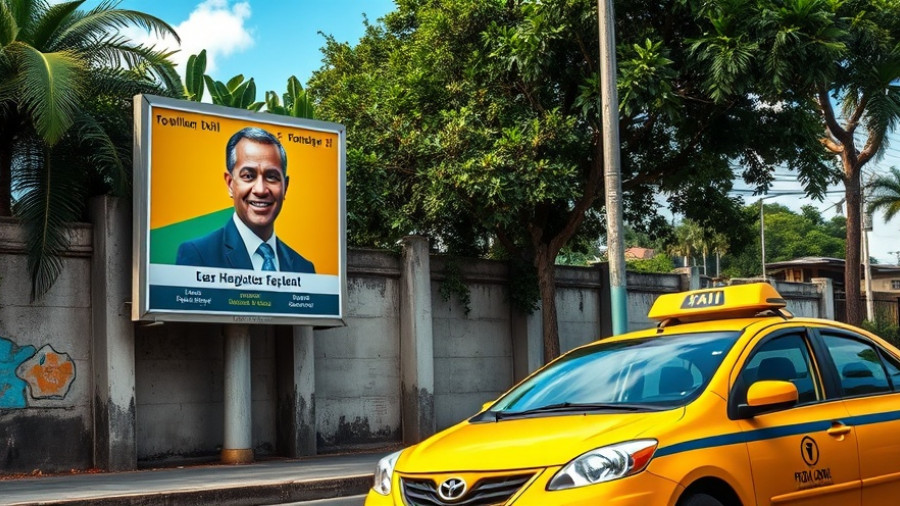
In Ivory Coast's Political Landscape, A Fourth Term Looms
The recent polls in Ivory Coast mark a pivotal moment in the West African nation, as incumbent President Alassane Ouattara seeks an unprecedented fourth term. This election, unfolding amid heightened tensions and unrest, is reflective of the broader socio-economic struggles faced by many Ivorian citizens. Since assuming office in 2011, Ouattara has been credited with an economic boom, characterized by an impressive annual growth rate of 6%, largely driven by the cocoa industry, which remains the backbone of the nation’s economy.
In 'Ivory Coast goes to the polls as Ouattara seeks fourth term', the discussion dives into the electoral challenges and socio-economic landscape, exploring key insights that sparked deeper analysis on our end.
Economic Growth vs. Social Issues
Despite the economic achievements touted by Ouattara’s administration, the stark reality persists that over a third of the Ivorians still navigate life below the poverty line. Unemployment rates among young people remain alarmingly high, raising questions about the inclusivity of the nation’s economic growth. This paradox highlights a crucial challenge: while there are significant improvements in infrastructure and public sector investments, the benefits have yet to trickle down to every citizen.
The Electoral Tensions
As elections approach, tensions are palpable. The recent barring of significant opposition figures Tian Tam and Luhan Bagbo from contesting the presidency increases concerns over the fairness of the electoral process. Furthermore, reports of detentions of protestors and restrictions on peaceful demonstrations evoke memories of past electoral crises, notably the violence that claimed thousands of lives in 2010 and 2011.
With 8.7 million registered voters, the legitimacy of the process has never been more critical. Observers fear that unrest could jeopardize the perceived integrity of the elections and may lead to future conflicts.
A Broader Context: The Role of African Governance
This situation in Ivory Coast is emblematic of a larger trend within African politics, where economic management is often juxtaposed with socio-political stability. As Ouattara's government champions economic success, other leaders on the continent grapple with questions of governance, accountability, and the evolving role of civil society. How electoral processes unfold in such contexts becomes critical in shaping the future contributions of African nations to regional stability and development.
Implications for the Future
The outcome of this election is poised to have lasting ramifications for the political landscape in Ivory Coast and potentially influence the governance trajectory throughout West Africa. Should Ouattara secure another term, it raises questions regarding the sustainability of governance that prioritizes economic outcomes over democratic processes. How will citizen engagement evolve in response to perceived disenfranchisement? Moreover, will emerging political movements disrupt the narrative of entrenched leadership?
Calls for Civic Engagement
For professionals keenly observing this landscape, the unfolding events serve as a crucial reminder of the need for engaged citizenship and advocacy. As elections draw nearer, it is imperative for local and international observers to champion transparency and accountability, fostering an environment where the voices of the Ivorian populace are heard. This commitment can ultimately empower citizens and help shape a governance framework that prioritizes true democratic engagement.
In summary, the elections in Ivory Coast illustrate not only the complexities of African politics but also the critical role that governance plays in national development. The interplay between economic success and political stability deserves further analysis and discussion among professionals, policymakers, and citizens alike.
In light of these insights from the ongoing challenges in Ivory Coast's electoral landscape, it is essential that international observers and local stakeholders advocate for transparency, promoting a future where governance approaches uphold democratic principles, thereby fostering meaningful development across the continent.
 Add Row
Add Row  Add
Add 




Write A Comment